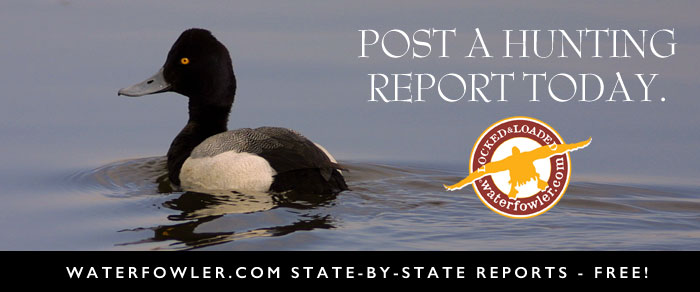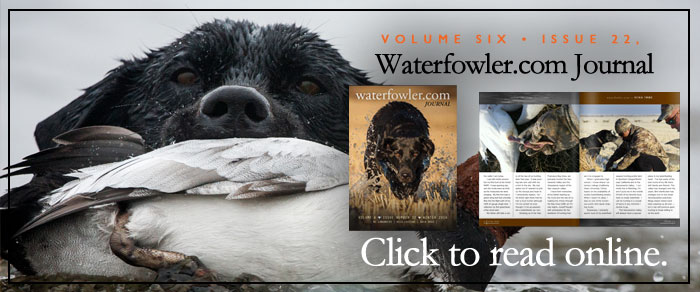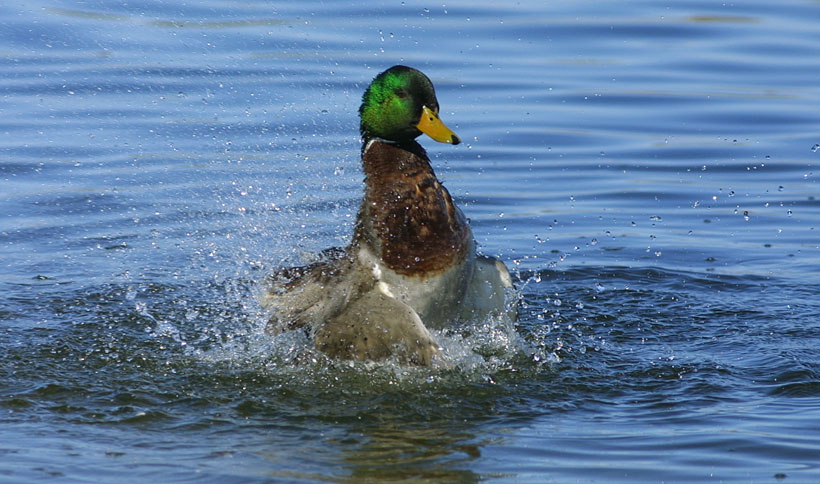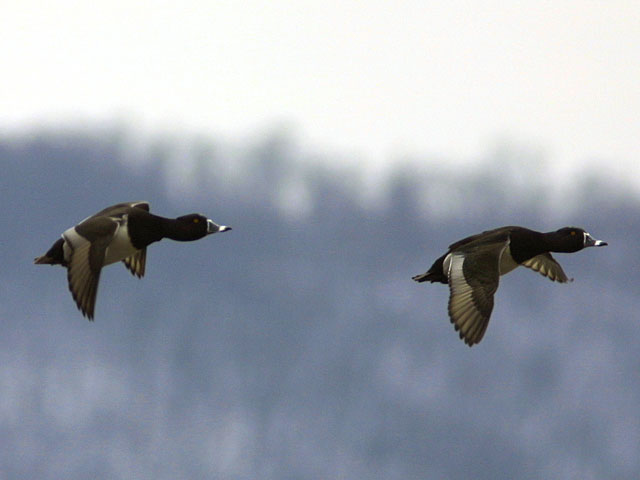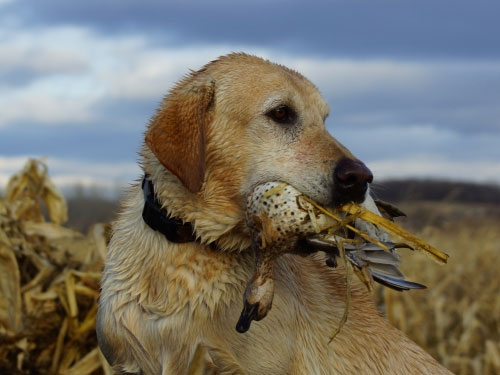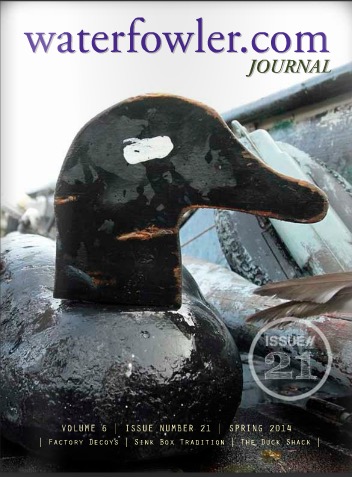Migration Update – January 2, 2013
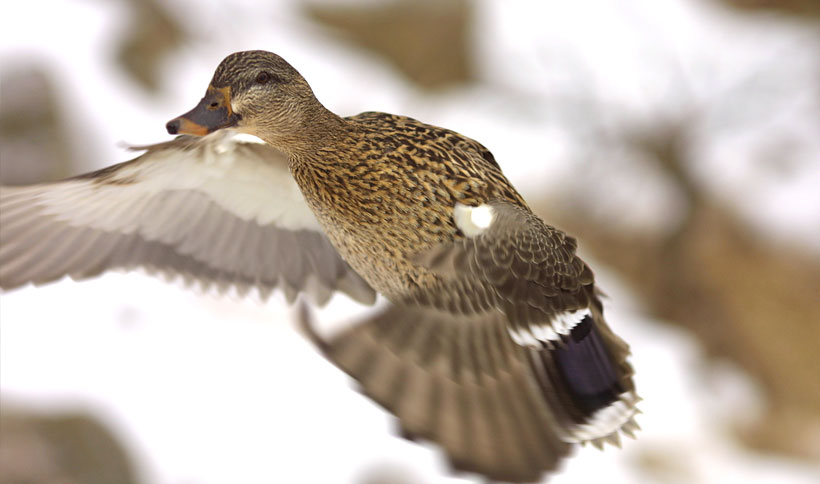
Snow and ice in the north have pushed ducks further south but many mallards remain in areas with limited open. From Texas panhandle to Delaware, duck numbers remain below average for this time of year. Goose hunting activity and hunter success has increased dramatically with the snow in the upper third of the nation. Light goose hunting is good to excellent in the north-central states of the coastal flyways with Canada goose hunting in the middle tier of the heartland and central plains good to excellent. Continue reading





